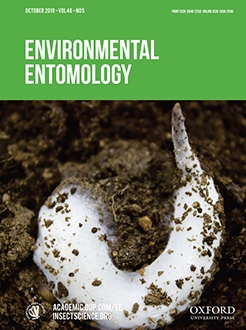Monophagous insects that use discrete resources for oviposition and feeding are especially sensitive to variations in host quality and availability because their opportunities to find these resources are scarce. The monophagous tephritid fly Anastrepha spatulata Stone is a tephritid fly that uses as hosts the fruits of the non-economically important Schoepfia schreberi J. F. Gmel. Scant information of host utilization behavior in the field is available for this species. Wild individually marked flies were observed during the fruiting season. Observations of oviposition, feeding and resting on three trees were taken hourly from 0900 to 1800 hours on days with benign weather. Our results suggest that females can use fruits for oviposition or for feeding according to a temporal scale. Females were significantly more likely to feed on smaller hosts and oviposit in larger ones. Additionally, individual variation in host patch exploitation was detected. However, females that fed on a natural food source such as host fruit juice oviposited fewer eggs than females provided an artificial diet of sucrose and hydrolyzed yeast. Results indicate that females use different foraging tactics during the fruiting season and confirm that, in this case, the host plant is not the center of activity.
How to translate text using browser tools
12 July 2019
Patterns of Oviposition and Feeding in the Monophagous Fly Anastrepha spatulata (Diptera: Tephritidae) on its Larval Host Plant Schoepfia schreberi
Maurilio López-Ortega,
Paulino Pérez-Rodríguez,
Diana Pérez-Staples,
Francisco Díaz-Fleischer
ACCESS THE FULL ARTICLE
It is not available for individual sale.
This article is only available to subscribers.
It is not available for individual sale.
It is not available for individual sale.

Environmental Entomology
Vol. 48 • No. 5
August 2019
Vol. 48 • No. 5
August 2019
Diptera
host use
interaction
oviposition
Tephritidae




